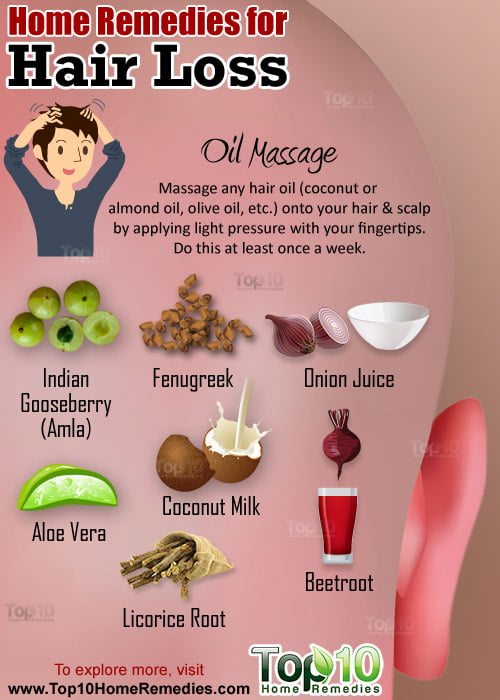Fish oils come from fatty fish, also known as oily fish; specifically the tissue of fish such as trout, mackerel, tuna, herring, sardines, and salmon.
The fillets of oily fish contain up to 30 percent oil, but this figure varies. White fish, on the other hand, only contain high concentrations of oil in the liver, and have much less oil overall.
Apart from omega-3 fatty acids, oily fish are a good sources of vitamins A and D. Whitefish also contain these nutrients, but at much lower concentrations.
Health experts commonly tell people that oily fish have more health benefits than white fish. However, their recommendations have never been compellingly proven in large clinical trials.
Many health authorities around the world advise people to consume either plenty of oily fish or to take supplements, because of the supposed health benefits. Studies over the last 10 years have produced mixed results regarding the benefits of the dietary intake of fish oils.
Some people confuse fish oils and cod liver oil – they are different. Fish oils are extracted from the tissue of deep sea oily fish such as tuna, mackerel, herring, and salmon. Cod liver oil, by contrast, is extracted solely from the livers of cod.
Fish oils contain higher amounts of omega-3 fatty acids than cod liver oil, but lower amounts of vitamins A and D.
[source;medicalnewstoday]




















